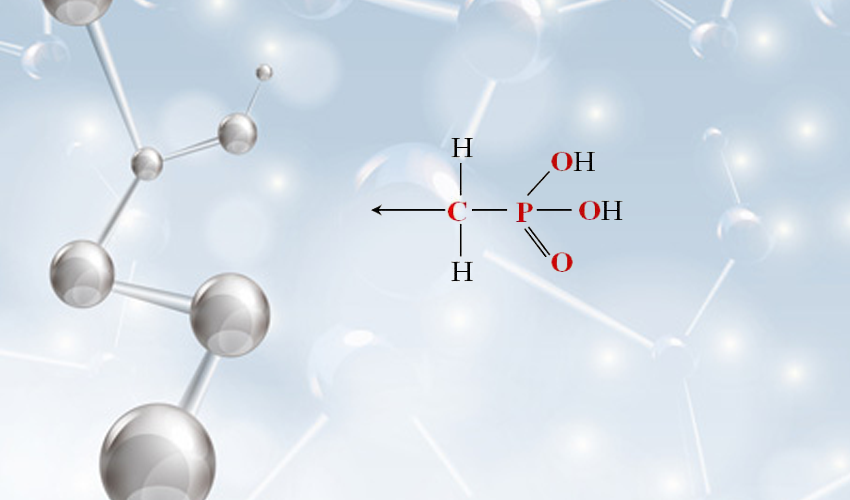Different Categories of Flocculants Used in Water Treatment Processes
Types of Flocculants in Water Treatment
Water treatment is a crucial process that ensures the delivery of clean and safe water for various uses, including drinking, agricultural irrigation, and industrial applications. One of the key processes involved in water purification is the coagulation and flocculation process, where contaminants in the water are aggregated into larger particles, called flakes or flocs, that can be easily removed. Central to this process is the use of flocculants, substances that promote the agglomeration of suspended particles. This article will explore the different types of flocculants used in water treatment, highlighting their characteristics and applications.
1. Organic Flocculants
Organic flocculants are derived from natural or synthetic polymers and are widely used in water treatment processes. These flocculants are effective due to their high molecular weight, which allows them to create a network that traps suspended particles. Common organic flocculants include polyacrylamides (PAM), chitosan, and polysaccharides.
- Polyacrylamide (PAM) This is one of the most widely used synthetic flocculants. PAM can exist in various forms, such as anionic, cationic, and nonionic configurations, each suited for different water conditions. Anionic PAM is particularly effective in treating wastewater with high turbidity levels, while cationic PAM is preferable for municipal drinking water treatment due to its ability to effectively bind with negatively charged particles.
- Chitosan Derived from chitin, chitosan is a natural biopolymer known for its biodegradability and non-toxicity. It has gained attention for its effectiveness in water treatment, particularly for specific contaminants like heavy metals and dyes.
types of flocculants in water treatment

Inorganic flocculants, primarily metal salts, play a significant role in water treatment. These flocculants work by neutralizing the charges of suspended particles, allowing them to agglomerate and settle out of the water. Common inorganic flocculants include aluminum sulfate (alum), ferric chloride, and polyaluminum chloride.
- Aluminum Sulfate (Alum) One of the oldest and most common coagulants, alum is highly effective in removing turbidity and color from water. It reacts with water to form aluminum hydroxide, which acts as a sticky material that captures and binds particles together.
- Ferric Chloride This inorganic coagulant is particularly effective in treating wastewater, especially when higher removal efficiencies of suspended solids and phosphorus are required. It is recognized for its ability to generate strong floc formation and improve the sedimentation process.
3. Combination Flocculants
In recent years, the development of combination flocculants has emerged. These are hybrid formulations that incorporate both organic and inorganic components, aiming to optimize the advantages of each type. Such flocculants may improve the efficiency of the flocculation process, enabling effective removal of a broader range of contaminants.
Conclusion
Flocculants are vital to the water treatment process, as they facilitate the removal of pollutants and suspended particles. The choice of flocculant depends on several factors, including the nature of contaminants, water chemistry, and the specific treatment goals. The ongoing advancements in flocculant technologies continue to enhance the efficiency and sustainability of water treatment processes, ensuring access to clean water for all. As environmental regulations become stricter and public awareness increases, the demand for effective and environmentally friendly flocculants will likely grow, shaping the future of water treatment practices.
-
Water Treatment with Flocculant Water TreatmentNewsJun.12,2025
-
Polymaleic AnhydrideNewsJun.12,2025
-
Polyaspartic AcidNewsJun.12,2025
-
Enhance Industrial Processes with IsothiazolinonesNewsJun.12,2025
-
Enhance Industrial Processes with PBTCA SolutionsNewsJun.12,2025
-
Dodecyldimethylbenzylammonium Chloride SolutionsNewsJun.12,2025





